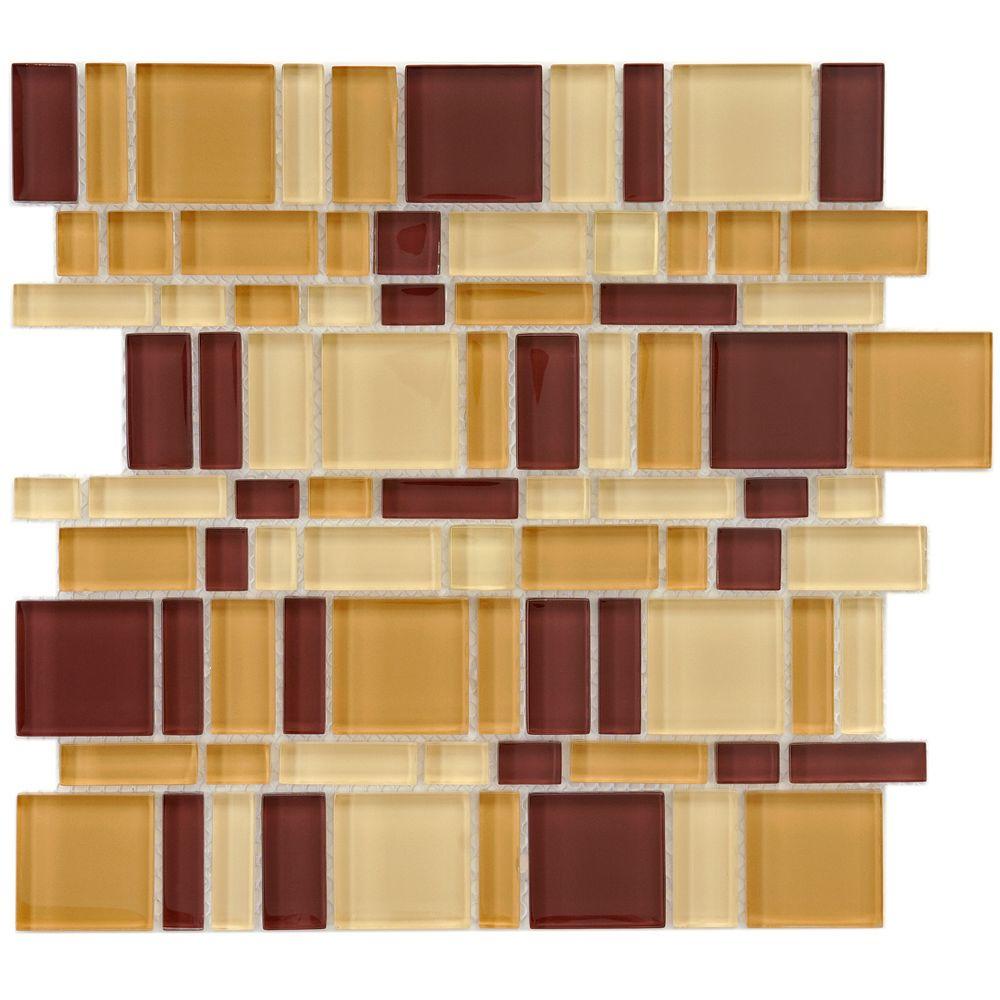

The default behaviour of generators is to search the scene for appropriate pins and volumes.

This behaves similarly to pinning tiles with FacesAndInterior - the missing cells interact differently with constraint.
TESSERA TILE GENERATOR
Volumes can also be used to remove tiles from the generator entirely, by setting the volume type to MaskOut. Unlike pins, volumes have no way to configure the rotation and reflection of the generated tile. Here's a dungeon generated with a box collider volume in the center, configured to filter to just an empty tile. A cell is in the volume if its center is inside at least one collder. Next add colliders to the game object to define the area selected. You can optionally specify a generator for convenience, but it's not necessary. To use it, add a game object with the volume component, and set the cells you want to filter to. VolumesĪdd a GameObject with the Tessera Volume component to filter an area of cells to only use a subset of tiles. That can be important if you need the cell to interact with generator constraints or other Tessera features. And Pin is good for forcing a particular tile to be placed, while still allowing that cell to be part of generation. FacesOnly, for example, is good at restricting the generation along a given plane, without forcing any particular tile.įacesAndInterior allows you to put in custom tiles (often called "hero" pieces) that never otherwise appear in generation. The different pin types can be used to generate a variety of effects. Unlike PinType.Pin, the refenced tile does not need to be in the generator's tile list. You may therefore need to manually place a tile or other game object to fill the gap. Also the cells covered by the pin are masked out so no tiles will be generated in that location. With this pin type, the faces of the referenced tile are used to constrain the cells adjacent to the location of the pin.
TESSERA TILE FREE
With this pin type, the faces of the referenced tile are used to constrain the cells adjacent to the location of the pin, and the generator is free to pick any tile for that cell. The referenced tile must already be in the generator's tile list (though it can have weight 0). With this pin type, the generator is forced to generate the referenced tile at the location of the pin. These two values are inferred in some cases, as described above.
TESSERA TILE CODE
For example, you might want to place a entrace manually at one side, or write custom code to draw path ways for you. Sometimes you just want to place a tile at a particular location without Tessera choosing for you. They generally set up by adding behaviours into the world. Initial constraints configue the intial conditions of the generator. SeparationConstraint - ensures that the given tiles are spaced at least a certain distance apart.PathConstraint - detects contiguous paths between tiles, and ensures various properties about those paths, such as connectedness.MirrorConstraint - ensures the output remains symmetric.CountConstraint - ensures the number of tiles in a given set is less than / more than a given number.Submesh filters applies permaterial settings when working with surface meshes.Skyboxes controls how tiles on the boundary of the generation work.Volume constraints filter a particular area to a subset of tiles.There are many constraints available in Tessera: This page documents further configuration you can do to tightly control the generation process. The basic configuration of a generator involves setting up tiles, and painting those tiles to show how they can be placed next to each other.


 0 kommentar(er)
0 kommentar(er)
